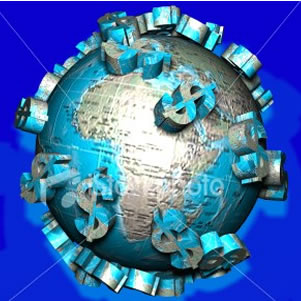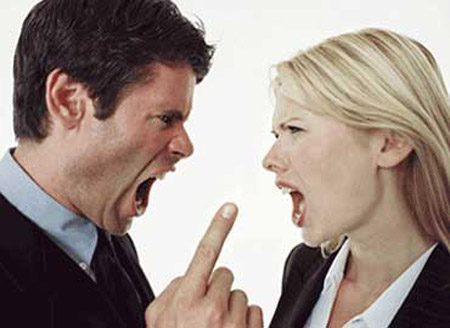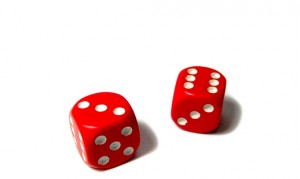 The word elegance is a term widely used in our language and that we usually use when highlighting the distinction, style and good taste that something or someone has, either in their behavior and actions or in terms of their way of dressing and grooming.
The word elegance is a term widely used in our language and that we usually use when highlighting the distinction, style and good taste that something or someone has, either in their behavior and actions or in terms of their way of dressing and grooming.
Distinction and good taste presented by something or someone
For example, it should be noted that it is a concept that is widely used in areas of fashion and interior decoration.
Because both fashion and decoration are activities that involve the art of combining various elements with the aim of decorating, whether it is a body, in the case of fashion, or a house, in the case of decoration, and provided that the result offers a harmonious and beautiful aesthetic.
Now, it is worth bearing in mind that since all individuals are not the same, that is, they do not have the same experiences, tastes, preferences, what is perceived as elegance will vary according to the eyes of those who observe it.
For example, for someone painting a room red may be the most sophisticated and for another it may be the worst of tastes.
Starting from this question we can then find ourselves with different positions and beliefs around elegance.
Some people link elegance to simplicity, that is, the simpler it is, the more elegant it will be.
An example of this could be the minimalist style, which proposes dispossession among its maxims, for this less is more, as one of its references popularized in a phrase: the architect Mies Van der Rohe, during the last century.
Meanwhile, there are those who believe that the wealth and abundance of elements provide elegance, the baroque, hyper-ornate style is a clear example of this description.
In terms of colors, there is somehow a social convention that colors such as black, white and blue are more elegant compared to others with a more shocking visual perception such as fuchsia, yellow, green, among others.
High social sectors demand elegance in acting and dressing to belong
On the other hand, in the field of social relations, elegance is also an issue that is present especially in those formal contexts of the upper classes in which correction and distinction are demanded when expressing themselves and relating to the environment.
It should be noted that in these social sectors the demands in the aforementioned aspects are usually very rigorous, and so it is that when a person does not comply with the standards or parameters proposed in attending an event, they will not hesitate to make it known, discriminating against it, or not. letting him enter directly.
Although, as we mentioned above, elegance as well as beauty has a very subjective charge, there are social conventions that normally prevail and that are the ones that end up determining when someone has elegance or not.
For example, in a gala event, women who wear long dresses and high-heeled shoes will be considered elegant, while men are required to wear a suit or a tuxedo; Any clothing that contradicts this, for example wearing slippers, will be considered an absolute lack of elegance and respect for the event and those present, and of course that person will be frowned upon or will not be allowed to participate under those conditions.
On the other hand, elegance and distinction are also measured in terms of what a person does and says in a given context, especially in those where a formal environment prevails.
The way of speaking, the gestures, will also be questions that are questioned when establishing the elegance or not that someone presents.
You can be very well dressed but if the person says a lot of rudeness, surely, it will clash at the event.
Among the most used synonyms for this word are some that we have already mentioned in the review, such is the case of: style, taste, delicacy and distinction.
Meanwhile, the word that is opposed is that of vulgarity which refers to the absence of delicacy and distinction.









